News
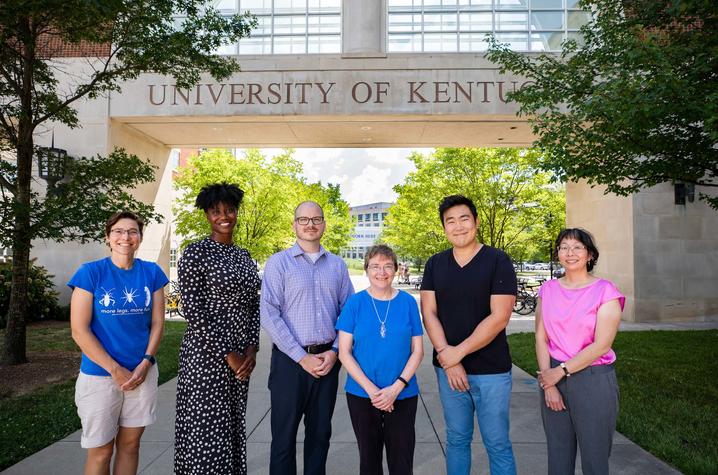
LEXINGTON, Ky. (June 30, 2021) — The University of Kentucky’s Neuroscience Research Priority Area (NRPA) supports a "collaborative matrix," bringing together diverse groups of investigators, trainees and research groups from nine different colleges across the University of Kentucky campus.

A study by several researchers at the University of Kentucky’s Sanders-Brown Center on Aging (SBCoA) was recently highlighted in AlzForum. The study focuses on polyamines, the nitrogen-packed aliphatic molecules produced by our own cells and found in the foods we eat. They have been described by some as anti-aging generators.

The Department had twelve publications listed in PubMed for the month of May 2021.
1: Zhang Z, Cheng L, Zhang Q, Kong Y, He D, Li K, Rea M, Wang J, Wang R, Liu J, Li Z, Yuan C, Liu E, Fondufe-Mittendorf YN, Li L, Wang C, Liu X, Han T. Co-Targeting Plk1 and DNMT3a in Advanced Prostate Cancer. Adv Sci (Weinh). 2021 May 29:e2101458. doi: 10.1002/advs.202101458. Epub ahead of print. PMID: 34051063.
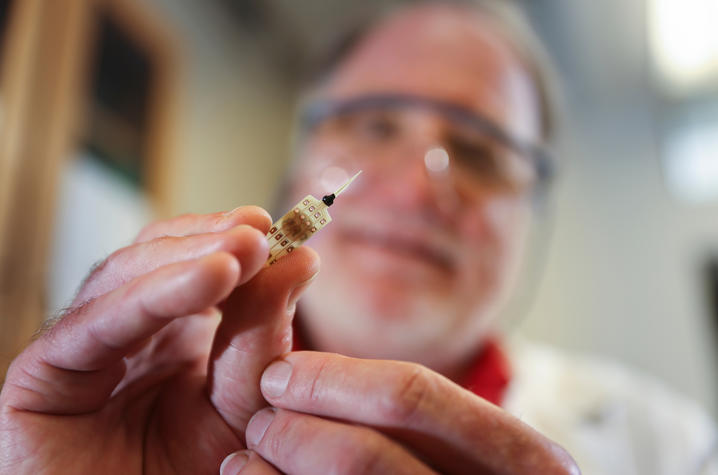
LEXINGTON, Ky. (June 4, 2021) — University of Kentucky Department of Neuroscience Professor Greg Gerhardt, Ph.D., hypothesizes that the balance of glutamate and gamma-aminobutyric acid (GABA) — two main neurotransmitters in the brain — contributes to Alzheimer’s disease and age-related declines in cognition and memory.
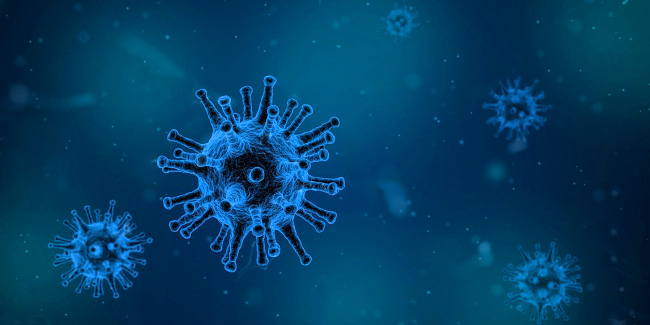
Beth Garvy, PhD, and Sidney Whiteheart, PhD, originally planned to study blood clotting in HIV-positive patients when they first approached one another to establish a unified research team. Then COVID-19 emerged, and their focus shifted on the disease that started a global pandemic.

In elementary school, Shaw Powell’s favorite subjects were art, physical education, and science, and in that order. Interestingly, the Northern Kentucky native’s career has followed this same trajectory.
First, he received his bachelor’s degree from Eastern Kentucky University in art education. Then he joined the Army National Guard and served for seven years. Lastly, in the spring of 2021, he graduated with a Master of Science in Medical Sciences (MSMS) to pursue a research career.

LEXINGTON, Ky. (May 18, 2021) – Though she grew up in California, University of Kentucky Markey Cancer Center research assistant Sumati Hasani spent many summers of her childhood visiting her extended family in India. The first-generation South Asian American has many fond memories of visiting her family overseas, whose residences spanned every corner of the country.
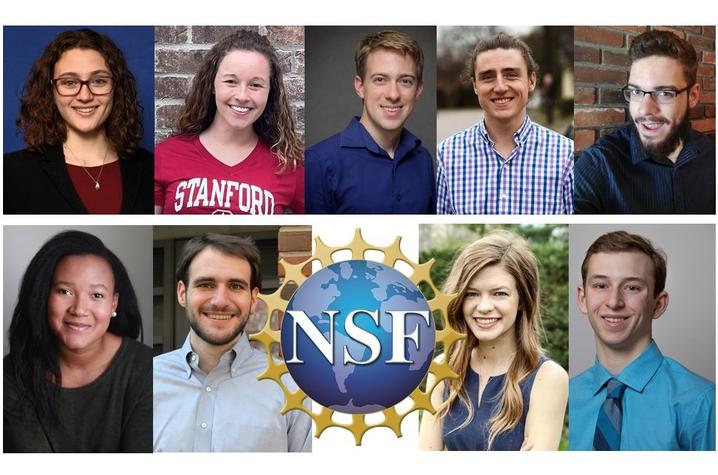
LEXINGTON, Ky. (May 10, 2021) — The University of Kentucky Office of Nationally Competitive Awards has announced that 10 students and recent graduates have been selected to receive government-funded National Science Foundation (NSF) Graduate Research Fellowships. In addition, a UK doctoral student and four alumni received honorable mention recognition from the NSF.

The Department had nine publications listed in PubMed for the month of April 2021.
1: Erfani S, Hua H, Pan Y, Zhou BP, Yang XH. The Context-Dependent Impact of Integrin-Associated CD151 and Other Tetraspanins on Cancer Development and Progression: A Class of Versatile Mediators of Cellular Function and Signaling, Tumorigenesis and Metastasis. Cancers (Basel). 2021 Apr 21;13(9):2005. doi: 10.3390/cancers13092005. PMID: 33919420.
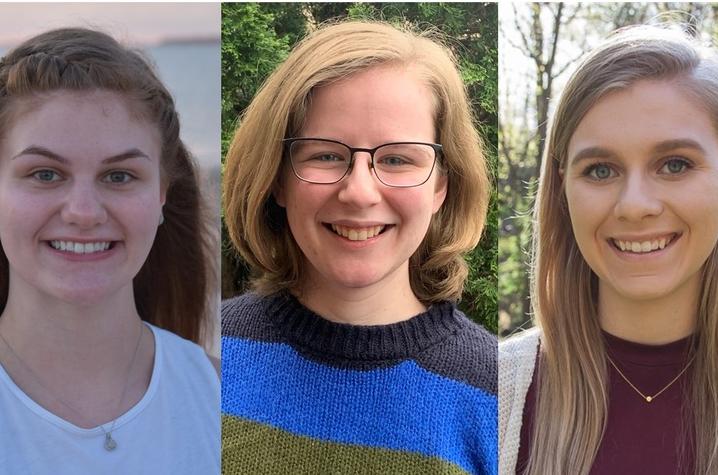
LEXINGTON, Ky. (April 19, 2021) — The University of Kentucky Office of Nationally Competitive Awards has announced that three Wildcats — biology students Kayli Bolton, Zoe Hert and Carly Karrick — have been awarded a Barry M. Goldwater Scholarship. The UK students are among 410 students nationwide selected to receive the 2021-22 Goldwater Scholarship.
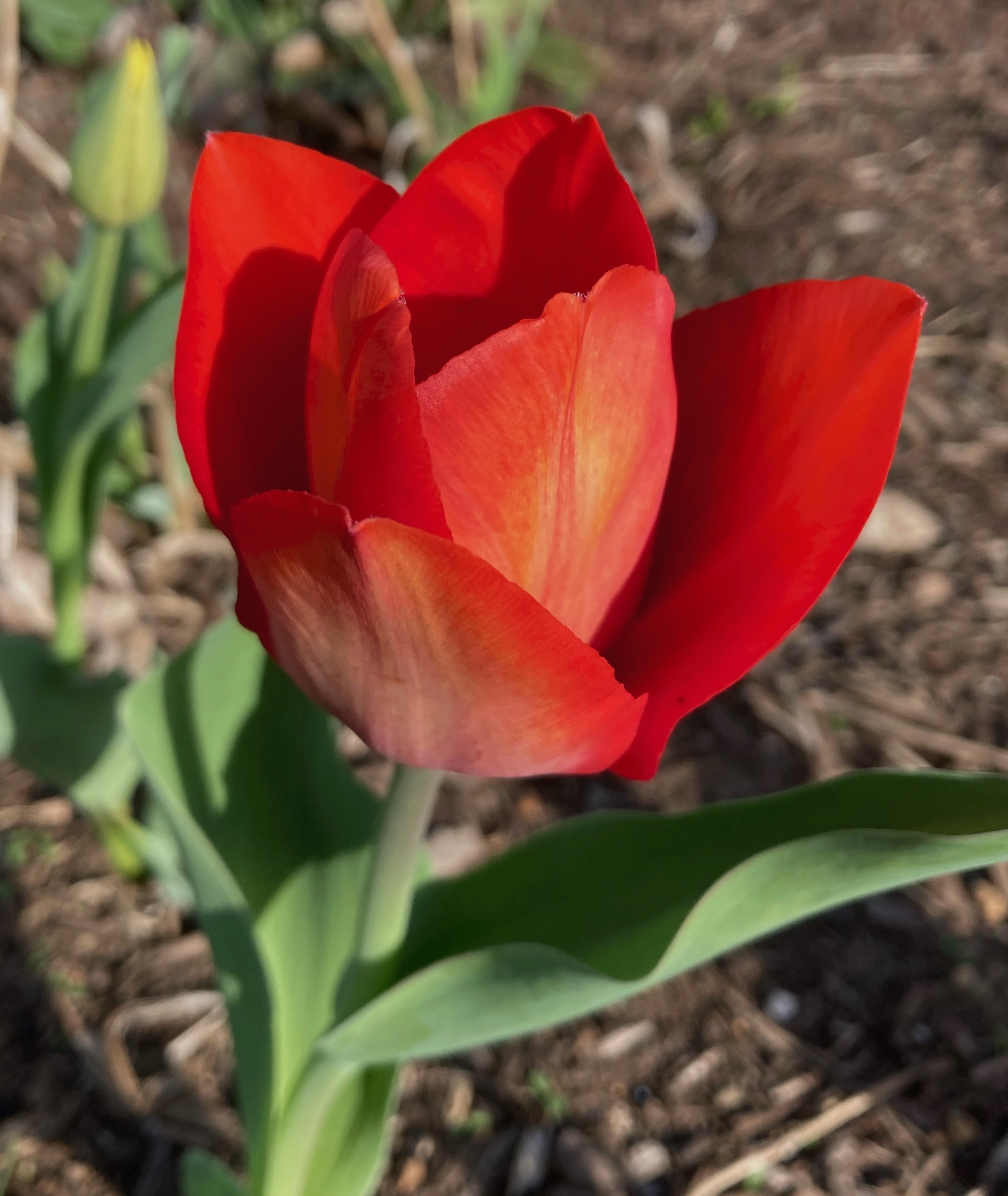
The Department had seven publications listed in PubMed for the month of March 2021.
1: Bondada V, Gal J, Mashburn C, Rodgers DW, Larochelle KE, Croall DE, Geddes JW. The C2 domain of calpain 5 contributes to enzyme activation and membrane localization. Biochim Biophys Acta Mol Cell Res. 2021 Mar 31:119019. doi: 10.1016/j.bbamcr.2021.119019. Epub ahead of print. PMID: 33811937.
The University of Kentucky College of Medicine would like to recognize and congratulate its departments that made it in the Blue Ridge Institute for Medical Research (BRIMR) 2020 rankings.

The Department had seven publications listed in PubMed for the month of February 2021.
1: Hubbard WB, Banerjee M, Vekaria H, Prakhya KS, Joshi S, Wang QJ, Saatman KE, Whiteheart SW, Sullivan PG. Differential Leukocyte and Platelet Profiles in Distinct Models of Traumatic Brain Injury. Cells. 2021 Feb 26;10(3):500. doi: 10.3390/cells10030500. PMID: 33652745.
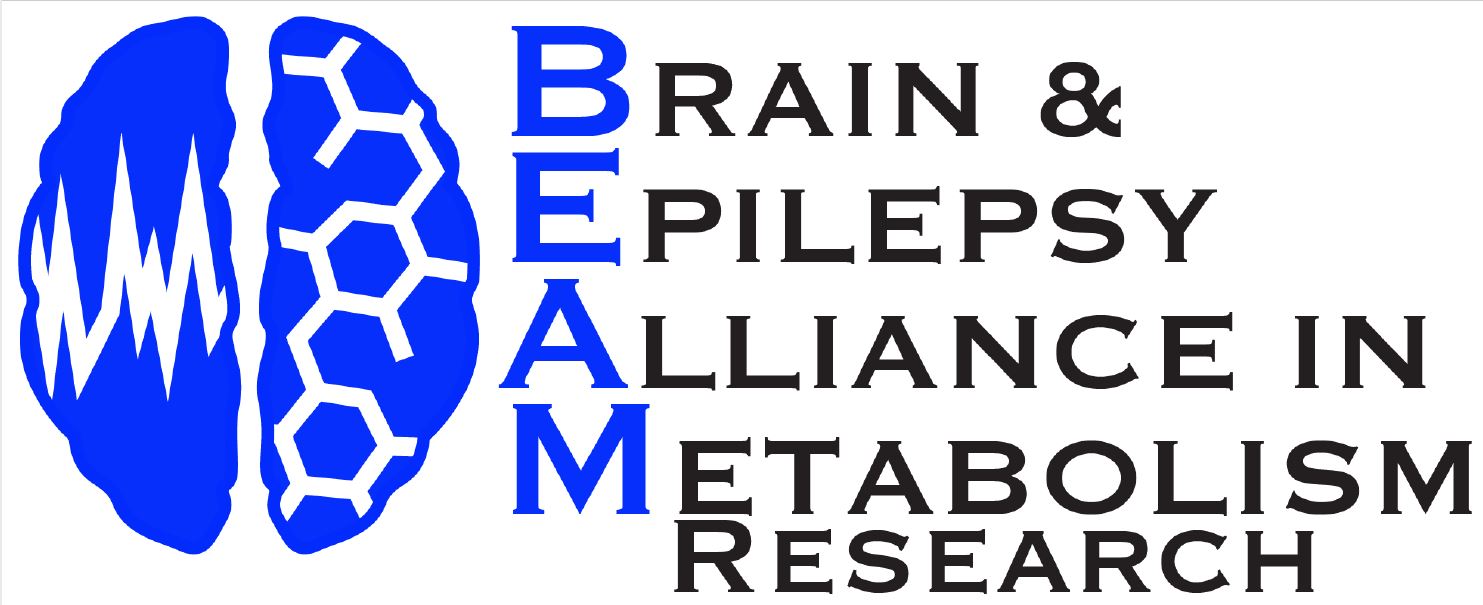
Brain metabolism is the process by which the brain converts nutrients into energy and small molecule signals. When there are breakdowns in brain metabolism, this can lead to serious neurological diseases including epilepsy, Alzheimer’s disease, Parkinson’s disease, and traumatic brain injury. These breakdowns even have been linked to diabetes.


The Department had eleven publications listed in PubMed for the month of January 2021.
1: Stanback AE, Conroy LR, Young LEA, Hawkinson TR, Markussen KH, Clarke HA, Allison DB, Sun RC. Regional N-glycan and lipid analysis from tissues using MALDI-mass spectrometry imaging. STAR Protoc. 2021 Jan 29;2(1):100304. doi: 10.1016/j.xpro.2021.100304. PMID: 33554139; PMCID: PMC7848795.
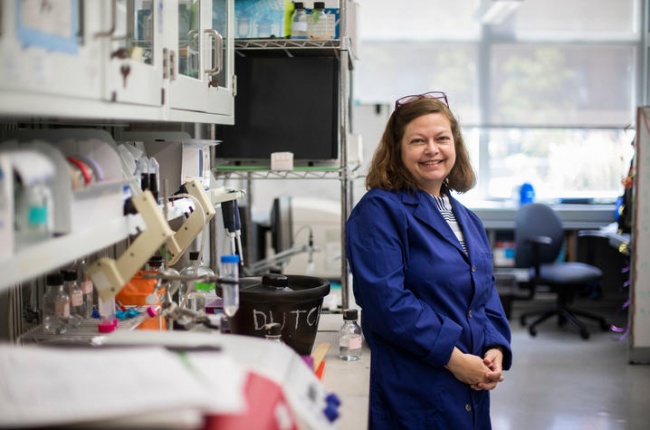
In early 2020, shortly after SARS-CoV-2, the virus which causes COVID-19, was first detected in Wuhan, China, the public learned of the virus’s devastating consequences and the dangers of its spread. But much remained unknown regarding how to combat it.
Ten months ago, a team of UK researchers joined forces to learn more about the virus that was causing a global pandemic. Since the team’s creation, it has made record progress in enhanced research, the launch of clinical trials, and the development of clinical care approaches for patients.

The Department had eight publications listed in PubMed for the month of December 2020.
1: Arenas A, Kuang L, Zhang J, Kingren MS, Zhu H. FUS regulates autophagy by mediating the transcription of genes critical to the autophagosome formation. J Neurochem. 2020 Dec 22. doi: 10.1111/jnc.15281. Epub ahead of print. PMID: 33354770.

The Department had seven publications listed in PubMed for the month of November 2020.
1: Guo W, Li K, Sun B, Xu D, Tong L, Yin H, Liao Y, Song H, Wang T, Jing B, Hu M, Liu S, Kuang Y, Ling J, Li Q, Wu Y, Wang Q, Yao F, Zhou BP, Lin SH, Deng J. Dysregulated Glutamate Transporter SLC1A1 Propels Cystine Uptake via Xc- for Glutathione Synthesis in Lung Cancer. Cancer Res. 2020 Nov 23:canres.0617.2020. doi: 10.1158/0008-5472.CAN-20-0617. Epub ahead of print. PMID: 33229341.

The Department had seven publications listed in PubMed for the month of October 2020.
1: Thamban Chandrika N, Dennis EK, Brubaker KR, Kwiatkowski S, Watt DS, Garneau-Tsodikova S. Broad-Spectrum Antifungal Agents: Fluorinated Aryl- and Heteroaryl-Substituted Hydrazones. ChemMedChem. 2020 Oct 16. doi: 10.1002/cmdc.202000626. Epub ahead of print. PMID: 33063957.